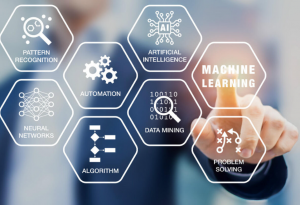
Are you interested in learning the concepts of machine learning with Graphs?
Stanford University is offering a free online course in machine learning titled Machine Learning with Graphs (CS224W). The lecture videos will be available on Canvas for all the enrolled Stanford students. The lecture slides and assignments will be posted online as the course progresses. This class will be offered next in Fall 2022. After completing this course, you will be able to apply machine learning methods to a variety of real-world problems.
The course titled Machine learning with Graphs, will teach you how to apply machine learning methods to graphs and networks. Complex data can be represented as a graph of relationships between objects. Such networks are a fundamental tool for modeling social, technological, and biological systems. This course focuses on the computational, algorithmic, and modeling challenges specific to the analysis of massive graphs. By means of studying the underlying graph structure and its features, students will be introduced to machine learning techniques and data mining tools apt to reveal insights on a variety of networks. This course will be a deep dive into the theory and practice of machine learning with graphs. You will learn how to apply modern machine learning techniques to large, complex data sets. The course is designed for students and professionals with some experience in machine learning or a related field. The topics include some of the following:
- Representation learning and Graph Neural Networks
- Algorithms for the World Wide Web
- Reasoning over Knowledge Graphs
- Influence maximization; disease outbreak detection, social network analysis.
The following books are recommended as optional reading material.
- Graph Representation Learning by William L. Hamilton
- Networks, Crowds, and Markets: Reasoning About a Highly Connected World by David Easley and Jon Kleinberg
- Network Science by Albert-László Barabási
Go ahead and get yourself enrolled to learn the concepts related to machine learning with Graphs.
- The Watermelon Effect: When Green Metrics Lie - January 25, 2026
- Coefficient of Variation in Regression Modelling: Example - November 9, 2025
- Chunking Strategies for RAG with Examples - November 2, 2025

I found it very helpful. However the differences are not too understandable for me